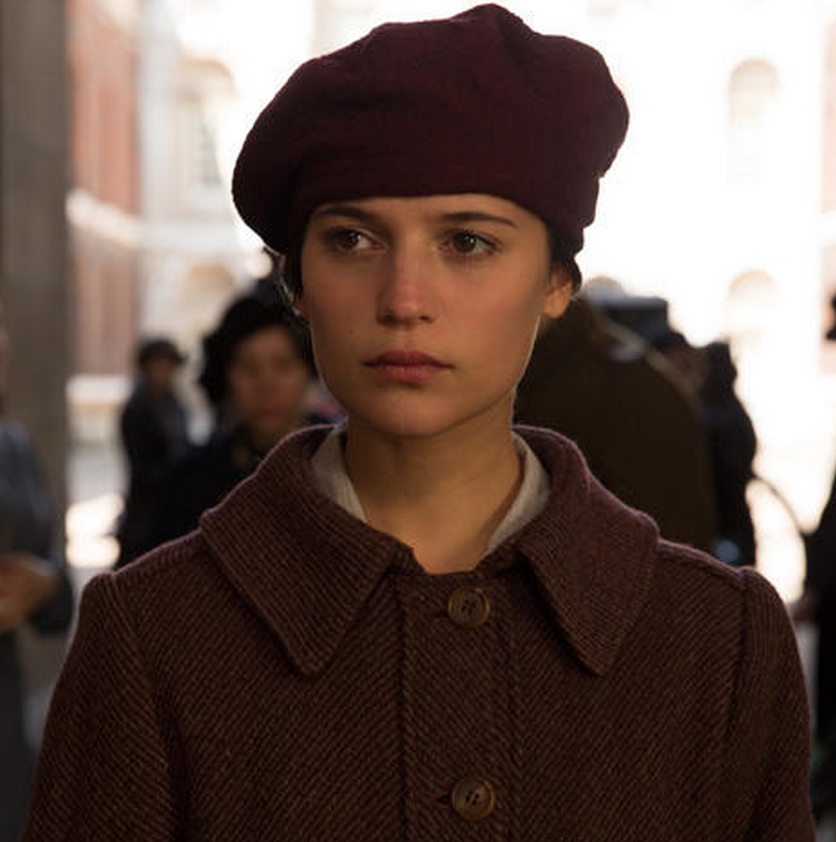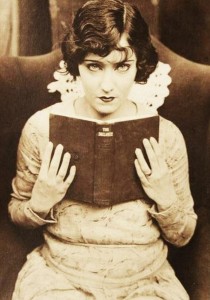 I had so many plans for this weekend–I was coming off a few weeks of nonstop work and had heard temperatures were going to be mild (my favorite roving-around-the-city weather). Instead, I climbed into a caftan, pulled Gracie on my lap, and have been reading by an open window for two days straight with nonverbal jazz by cats like Dizzy and Monk pouring out of my speakers. I began Although Of Course You End Up Becoming Yourself, David Lipsky’s book of interviews with David Foster Wallace, an author I only find fascinating for his hold over well-educated white men (who, of course, mostly comprise the literary establishment) and Ishmael Reed’s Mumbo Jumbo (“I had no systematic way of learning but proceeded like a quilt maker”), and finished The Arsonist, Sue Miller’s latest novel (too polite, too drifting), and The Light of the World, Elizabeth Alexander’s memoir about her deceased husband (so emotionally and artistically devastating that I’ll be living in it for years). I haven’t answered a text; I haven’t looked at a screen. The only times I’ve come up for air have been to eat or drink something, and I’ve mostly ordered in. I’d be remorseful about this lost weekend except for how terrifically human I feel again. Part of June’s charm is how little it asks of us.
I had so many plans for this weekend–I was coming off a few weeks of nonstop work and had heard temperatures were going to be mild (my favorite roving-around-the-city weather). Instead, I climbed into a caftan, pulled Gracie on my lap, and have been reading by an open window for two days straight with nonverbal jazz by cats like Dizzy and Monk pouring out of my speakers. I began Although Of Course You End Up Becoming Yourself, David Lipsky’s book of interviews with David Foster Wallace, an author I only find fascinating for his hold over well-educated white men (who, of course, mostly comprise the literary establishment) and Ishmael Reed’s Mumbo Jumbo (“I had no systematic way of learning but proceeded like a quilt maker”), and finished The Arsonist, Sue Miller’s latest novel (too polite, too drifting), and The Light of the World, Elizabeth Alexander’s memoir about her deceased husband (so emotionally and artistically devastating that I’ll be living in it for years). I haven’t answered a text; I haven’t looked at a screen. The only times I’ve come up for air have been to eat or drink something, and I’ve mostly ordered in. I’d be remorseful about this lost weekend except for how terrifically human I feel again. Part of June’s charm is how little it asks of us.
Archive | Book Matters
‘Testament of Youth’: Women at War
 Cinema may forever be reminding us that war is hell but rarely does it offer us female experiences of that hell. “Testament of Youth,” a sweeping adaptation of Vera Brittain’s memoir of World War I, goes a long way toward correcting that inequity, even if its Masterpiece Theater sensibilities don’t quite measure up to the sparkling acuity of its source material.
Cinema may forever be reminding us that war is hell but rarely does it offer us female experiences of that hell. “Testament of Youth,” a sweeping adaptation of Vera Brittain’s memoir of World War I, goes a long way toward correcting that inequity, even if its Masterpiece Theater sensibilities don’t quite measure up to the sparkling acuity of its source material.
The film opens on Armistice Day, 1918, as Vera (Alicia Vikander), drawn and bleak, staggers among the celebrating throngs. Flashback four years, when she’s a bourgeoisie bluestocking angling to attend university against the wishes of her regressive parents (Emily Watson and Dominic West; wherefore art thou, McCuddy?), and playing one of the boys with her brother, sensitive musician Edward (Taron Egerton), and his school chums Roland (Kit Harington, showing 100 percent more range than he does in “Game of Thrones”) and Victor (Colin Morgan). With his brooding good looks, realms of poetry, and suffragette mommy, Roland’s got the makings of more of a pal, and the first bit of this story dwells on their burgeoning romance as she makes her arduous way through Oxford’s gates. It all changes just before she begins her studies, when Britain declares war on Germany, and a concern that has only faintly shadowed Brittain’s upper-class life becomes critical. All three boys enlist, and Vera finds the collegiate life she’d craved so trivial that she enrolls as a military nurse, working domestically and then on the French frontlines as she grapples with tragedy after tragedy. Continue Reading →

